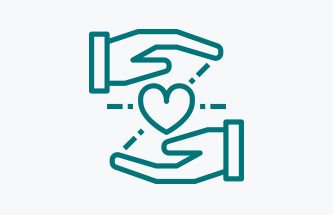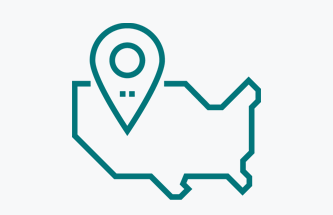Radiology Tech, Echo Tech, Mammography Tech, Ultrasound, CT Tech, Nuclear Med Tech, MRI Tech, Vascular Interventional Radiology.
Sterile Processing Tech, CVOR Tech, OR/Surgical Tech, Surgical First Assist, Anesthesia Tech
Registered Respiratory Therapist, Certified Respiratory Therapist, Polysomnography Tech
Physical Therapist, Physical Therapy Assistant, Occupational Therapist, Occupational Therapy Assistant, Speech Therapist
Phlebotomist, Medical Laboratory Scientist, Cytotech, Histotech
Pharmacist, Pharmacy Tech
Medical Assistant, Behavioral Health/Mental Health Tech, Monitor Tech, Social Worker, EMT, Cath Lab Tech, Endoscopy Tech

Allied health professionals play a crucial role in the healthcare team, providing vital services that directly impact patient well-being. You could be assisting doctors in surgery, performing diagnostic tests, or helping patients with rehabilitation.
Seeing the results of your work: Many allied health professions allow you to witness the positive outcomes of your work firsthand. Whether it is helping a patient regain mobility after an injury or providing emotional support during a difficult diagnosis, your contributions can make a real difference.

The allied health field encompasses a wide range of professions, from dental hygienists and surgical technologists to occupational therapists and respiratory therapists. There's a specialty to suit almost any interest or skill set.

The allied healthcare field is constantly evolving, with new technologies and treatment methods emerging. This creates opportunities for ongoing learning, skill development, and career advancement.

There's a growing demand for qualified allied health professionals due to an aging population and increasing healthcare needs. This translates to strong job security and ample employment opportunities.

Depending on the specialty, allied health professions may offer flexible scheduling options, including part-time work, shift work, or weekend hours. This can be ideal for those seeking a work-life balance.

Training programs for allied health careers can vary in length, from certificate programs to associate degrees to master's degrees. This allows you to choose an educational path that fits your needs and time commitment.

Many allied health professions require ongoing learning and adaptation to new technologies and procedures. This can keep your work intellectually stimulating and foster continuous professional growth.
Are you ready to make a difference and start your career in Allied Healthcare?
Talk to one of our healthcare recruiters today!